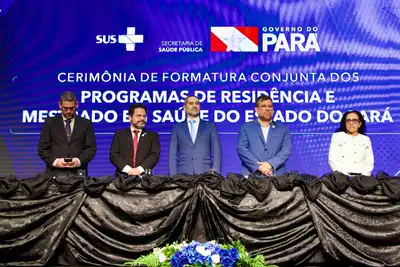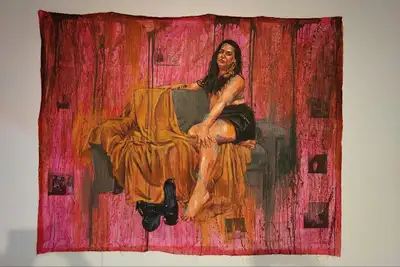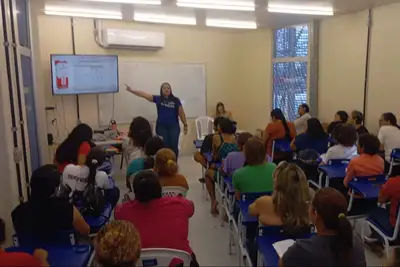Varicose vein treatment improves the quality of life of patients treated at the Women's Hospital of Pará
The procedure performed by the medical team of the vascular surgery service has a quick recovery and helps reduce waiting times for surgeries
The farmer Lea Pereira, 86 years old, a resident of the municipality of Irituia, in northeastern Pará, was one of the first patients to undergo foam sclerotherapy at the Women's Hospital of Pará (HMPA) in Belém. The new treatment, performed by the vascular surgery service of the unit, is already beginning to transform the reality of patients suffering from chronic venous problems.
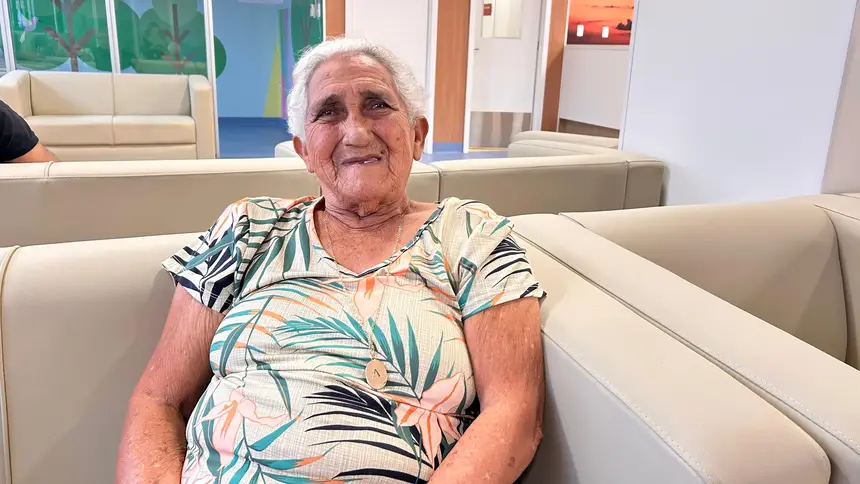
"I suffered for almost four years with varicose vein problems. It is not easy to live with always swollen legs and feet, constant pain, and still depend on medication. When I was referred to this hospital, it was a joy. I was very well treated by attentive professionals. This is very important for those coming from the countryside, where we do not have the means to undergo this type of procedure. Thank God, everything went well and I am satisfied," said Lea.
The technique used, foam sclerotherapy, is a minimally invasive procedure, performed on an outpatient basis and does not require hospitalization. The specialist in angiology and vascular surgery, Maciel Reis, explains that the method consists of injecting a substance called polidocanol, mixed with air to form a foam, directly into the affected vein.
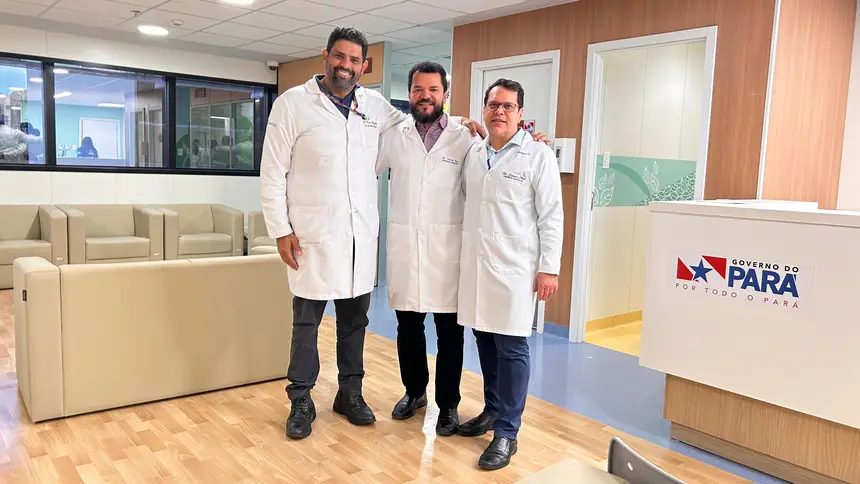
"This foam irritates the inside of the vein, causing it to close and, subsequently, be reabsorbed by the body. The procedure lasts between 15 and 30 minutes and allows the patient to return to normal activities without the need for rest," details the specialist.
Foam sclerotherapy was incorporated into the SUS in 2017, exclusively for the non-cosmetic treatment of varicose veins. The technique has proven effective in reducing waiting times for surgeries and improving the quality of life for those living with this problem.
High incidence among women
According to the Brazilian Society of Angiology and Vascular Surgery (SBACV), about 45% of Brazilian women will develop varicose veins at some point in their lives. The high incidence is related to hormonal factors, especially during pregnancy, the continuous use of contraceptives, and genetic predisposition.
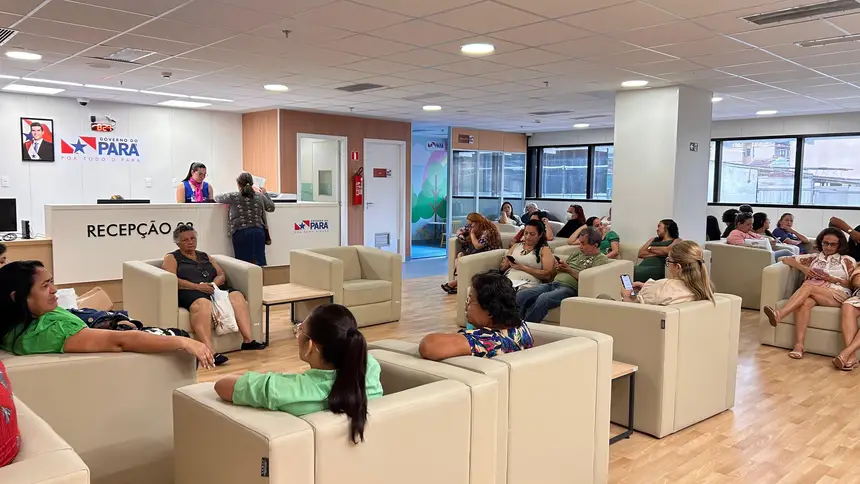
At HMPA, the vascular outpatient clinic is exclusively focused on women's health. The team consists of specialized doctors who investigate symptoms such as leg pain, swelling, a feeling of heaviness, tingling, and the presence of varicose veins.
"During the consultation, we listen carefully to the patient's reports and perform a detailed physical examination, focused on arterial and venous diseases. When necessary, we use Doppler ultrasound, which allows us to visualize blood flow in the veins and arteries, helping in the early identification of problems such as venous reflux or thrombosis," explains Maciel Reis.
Benefits and advances
Foam sclerotherapy has also shown good results in cases of advanced varicose veins, especially in patients with venous ulcers. The technique promotes the closure of diseased veins, improves blood circulation, and accelerates the healing of chronic wounds.
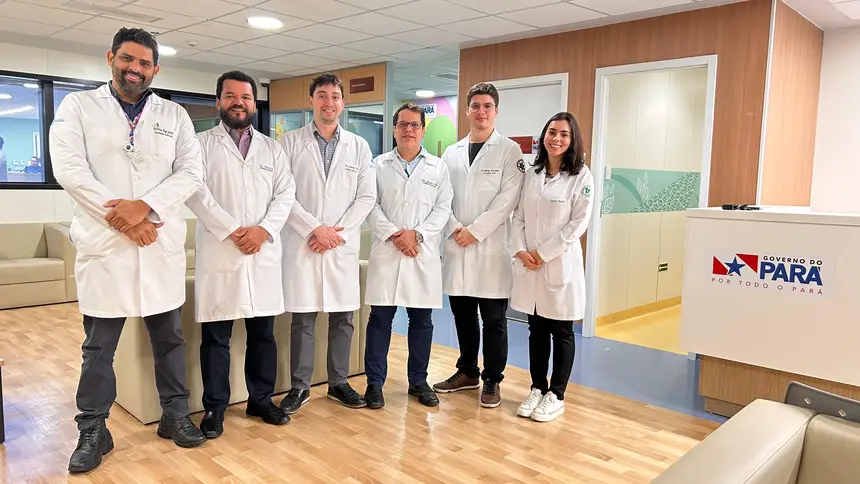
Being a quick, safe, and low-risk procedure, it avoids prolonged hospitalizations and favors a quick return to daily activities, contributing to greater autonomy and well-being for patients.


